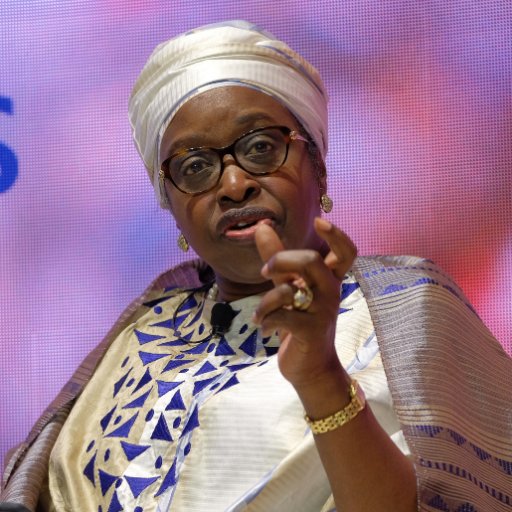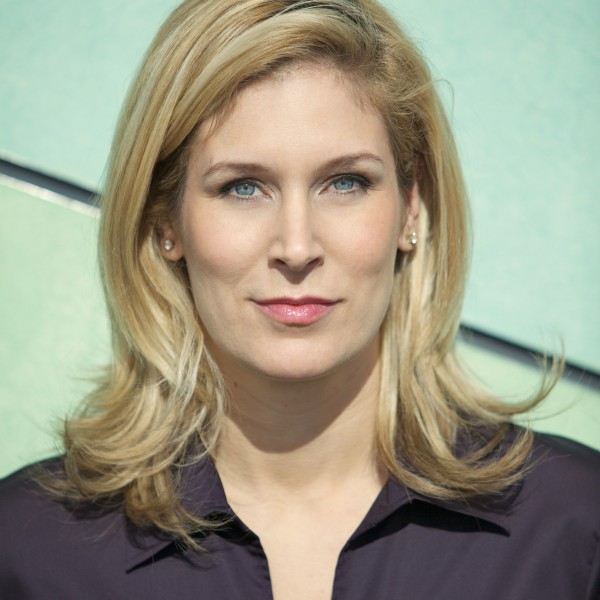Data from the 2020 Social Progress Index reveals that the four top-ranking countries in the overall quality of life are all led by women. While Norway, Denmark, Finland and New Zealand perform highest on gender-specific indicators such as gender parity in secondary education or equality of political power by gender, they also outperform other countries in areas of Environmental Quality, Personal Safety and Access to Advanced Education.

Yet, globally, progress towards achieving gender equality has shown to be slow. The findings from the Index suggest that, over the last decade, little to no improvement has been made on issues pertaining to women and girls and that in two out of eight-gender specific indicators – equality of political power by gender and property rights for women – the world in average is performing worse than it did in 2011. The current global pandemic has further amplified the existing inequalities. While Covid-19 has negatively affected the global economy, evidence suggests that it has disproportionately affected the economic lives of women. According to the UN, since women are more likely to be employed in the informal sector, earn less and spend three times as many more hours in unpaid care and domestic labor as men, they are less capable of absorbing economic shocks and are disproportionately affected by cuts and lay-offs. Lockdown and stay-at-home orders have also led to an increase in domestic and gender-based violence; women worldwide have found themselves locked with their abusers having limited access to services and peer support. Thus, the Covid-19 pandemic puts the hard-won progress on women’s rights under threat.
While these challenges remain pressing problems, we want to celebrate the women who fight to tackle inequality and whose work has been indispensable for creating a more just world for everyone. Since the list provided below is non-exhaustive and represents a glimpse of a much broader base of women leaders and activists, we want to spotlight women networks that are playing a key role in building sustainable, equitable and peaceful societies.

Bineta Diop, the founder of Femmes Africa Solidarité, an organization for empowering women for leadership in peacebuilding, has played an instrumental role in achieving gender parity, ensuring women’s participation in conflict prevention, management and resolution both in her home country of Senegal and within Africa.
All Peace Processes Should Involve Women.
Bineta Diop

Amanda Nguyen, a Nobel Peace Prize nominee and the founder of Rise, a nonprofit that seeks to empower victims of sexual assault and rape legally, has helped pass 33 laws in over 20 U.S. states, covering more than 85 million people.
Access to justice is a necessary prerequisite to true peace
Amanda Nguyen

Mariam Jalabi, a founding member of the Syrian Women’s Political Movement, an organization that aims to achieve equal rights for men and women in Syria, has been an outspoken advocate for women’s inclusion in the peace process negotiations for Syria and greater female empowerment.
The struggle against patriarchal Syrian structure is also international – the struggle of all women in a world that gives very little attention to the voices of women and girls.
Mariam Jalabi

Silvana Koch-Mehrin, the founder of Women Political Leaders (WPL) and a Board Member at Social Progress Imperative, has been advocating for increasing both the number and the influence of women in political leadership positions.
Connection, communication and community, we think are main elements that help in promoting the pursuit of having more women in influential positions and also in politics as such.
Silvana Koch-Mehrin
Although gender equality is a human rights obligation, numerous researches argue that women’s empowerment and equal participation in existing markets is crucial for social and economic development since inclusiveness can boost productivity and innovation and increase economic diversification. The UN further suggests that women’s inclusion can lead to more peace and stability; women are more prone to investing in education and child welfare and building food security while also having a higher chance of reaching an agreement in peace negotiations. Now more than ever, we must prioritize gender equality since the representation and inclusion of women can drive a more rapid economic recovery and more sustainable development outcomes for all.
By Sophiko Kurasbediani
